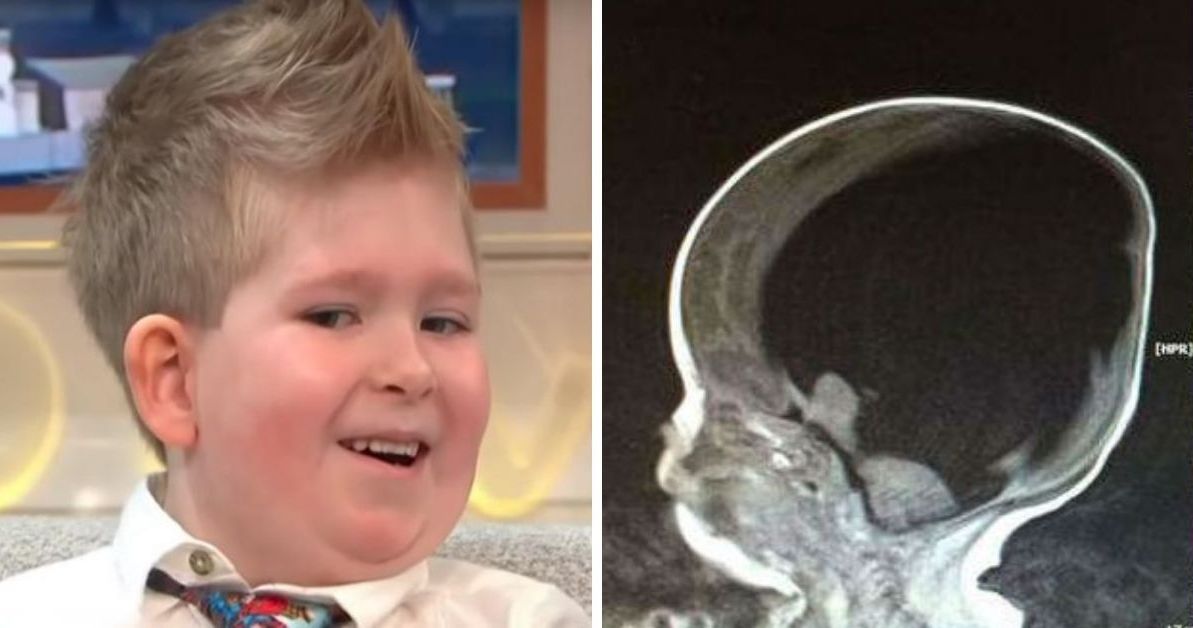 Source: bing.com
Source: bing.comIt is hard to imagine how a baby can develop without a brain. After all, the brain is responsible for controlling all the functions of the body, including movement, sensation, perception, and thought. However, there are some rare cases where babies are born without a brain or with a severely underdeveloped brain. These cases are known as anencephaly, and they are among the most devastating birth defects.
Table of Contents
What is Anencephaly?
Anencephaly is a rare neural tube defect that occurs when the upper part of the neural tube fails to close properly during fetal development. This leads to the absence of the brain and the skull. Babies born with anencephaly usually have a brainstem, which controls the most basic functions of the body, such as breathing, heartbeat, and blood pressure. However, they lack the cerebral hemispheres, which are responsible for consciousness, thought, and voluntary movement. As a result, babies with anencephaly are usually stillborn or die shortly after birth.
Causes of Anencephaly
The exact causes of anencephaly are not known, but several factors are believed to contribute to this condition. These include:
- Genetic factors
- Environmental factors, such as exposure to toxins
- Folic acid deficiency during pregnancy
While anencephaly is a devastating condition, it is also very rare. According to the Centers for Disease Control and Prevention (CDC), anencephaly affects only 1 in every 4,859 births in the United States.
Can a Baby Develop Without a Brain?
As we have seen, babies born with anencephaly do not have a fully developed brain and are not capable of conscious thought or voluntary movement. However, some babies with anencephaly are able to survive for a short period after birth, sometimes even a few hours or days. This is because their brainstem is still functioning, and they are able to breathe and maintain other vital functions. However, they require extensive medical support to survive, and their prognosis is usually poor.
It is important to note that anencephaly is a very rare and devastating condition. Most babies are born with fully developed brains and are capable of developing into healthy, thriving individuals.
Conclusion
In conclusion, while it is hard to imagine how a baby can develop without a brain, anencephaly is a rare condition that can lead to this devastating outcome. Babies born with anencephaly usually do not survive long after birth, and there is currently no cure for this condition. However, advances in medical technology and prenatal care have made it possible to detect anencephaly early in pregnancy and to offer supportive care to affected babies and their families.
Frequently Asked Questions
1) Is anencephaly hereditary?
Anencephaly is not usually hereditary, but there may be some genetic factors that increase the risk of this condition. However, the exact causes of anencephaly are not known.
2) Can anencephaly be prevented?
While the exact causes of anencephaly are not known, taking folic acid supplements before and during pregnancy may reduce the risk of this condition. It is also important to avoid exposure to toxins and to receive regular prenatal care.
3) Can babies with anencephaly feel pain?
It is not clear whether babies with anencephaly can feel pain, as the cerebral hemispheres, which are responsible for conscious perception, are not fully developed. However, these babies may still have reflexes and respond to stimuli.
4) Is anencephaly fatal?
Babies born with anencephaly usually die shortly after birth, as they lack the cerebral hemispheres, which are responsible for consciousness, thought, and voluntary movement. However, some babies with anencephaly are able to survive for a short period, sometimes even a few hours or days, with extensive medical support.
5) How common is anencephaly?
Anencephaly is a very rare condition that affects only 1 in every 4,859 births in the United States. It is more common in certain populations, such as Hispanic women and women who have previously had a baby with anencephaly.
